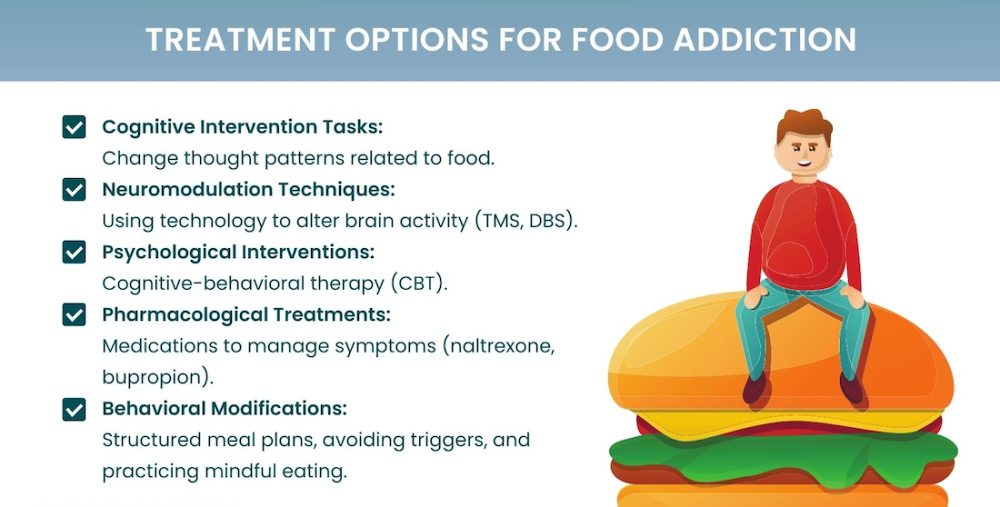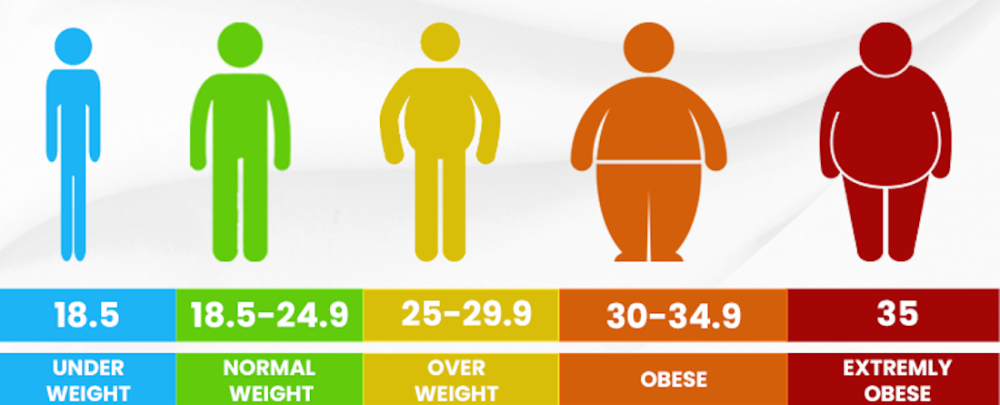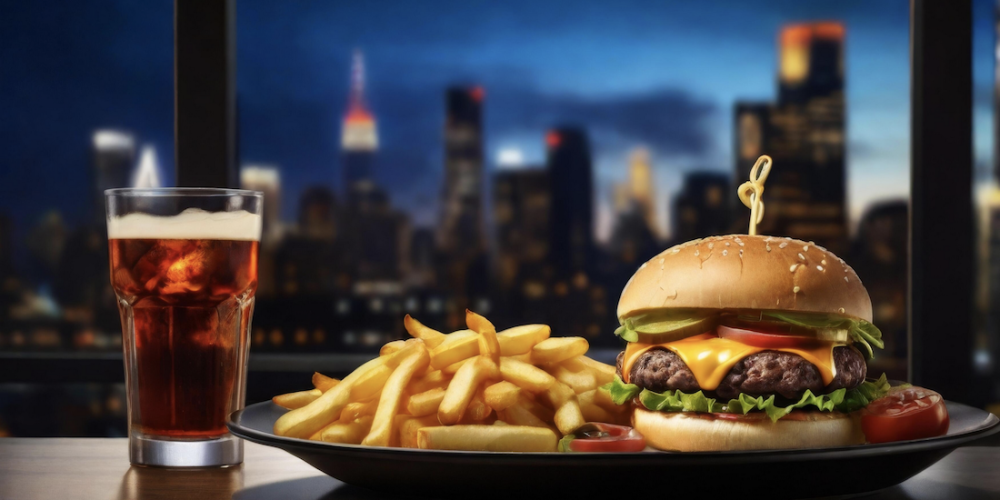
The struggle to maintain lasting change: Why losing weight tested my resolve more than any battle with addiction

New York, N.Y. — For half a decade, my journey through sobriety has been an odyssey marked by triumphs and lessons in self-control. I know well the rigors of breaking addictive cycles—each craving confronted and conquered one day at a time. Yet, when I resolved to lose weight as I approached my 66th birthday, the difficulty felt fresh and unfamiliar.


Over the last three months, I’ve shed 30 pounds (13.6 kilograms), dropping about 10 pounds (4.5 kilograms) per month, amounting to 15% of my body weight.
I did so with no grand fad diets or punishing exercise regimens, no injections, liposuction or tummy-tuck surgery; just old-fashioned caloric discipline, a doctor’s advice to reach for a can of tuna fish whenever hunger gnawed, and a deep, stubborn commitment to the task.
Now, with just four pounds standing between me and my “ideal” weight of 184 pounds (83 kilograms), a 34-inch versus a 36-inch waist, and a Body Mass Index (BMI) of 24, the final stretch reveals subtler truths about maintenance, mindset, and the costs and rewards of lasting change.
Anatomy of Change: Comparing Cycles of Addiction and Weight Management
For those who have battled addiction in any form, the contours of struggle are familiar. Breaking the cycle of dependency—whether alcohol, tobacco, or opioids—demands vigilance, support networks, and a relentless patience with setbacks.
Addiction, after all, is entwined with fundamental brain chemistry, rewiring motivational circuits, and often precipitating psychological effects such as shame cycles, emotional numbness, and detachment.

Every day sober is a victory, but every hour brings the risk of relapse—a constant negotiation with immediate gratification and long-term well-being.
Weight loss—particularly rapid weight loss—brings its own tangled web of psychological and physiological hurdles.
If addiction is an urge for external stimulation, sustained weight loss is a battle with one’s own biological imperatives: persistent hunger, disruptive mood swings, and a mind obsessively recalibrating around food.
The shame cycle plays out anew—each failed weigh-in reminiscent of early relapses in recovery, only now the stakes pivot between metabolic health and self-image.
The emotional labor is immense, demanding more than the sheer grit of abstinence; it requires active planning, behavioral adaptation, and a toolkit for navigating subtle triggers like boredom, fatigue, or social cues.
Mindset Shifts and the Science Behind Lasting Weight Loss
What stymied me most in my weight loss odyssey was the brutal persistence of hunger and fatigue. Skipping breakfast, avoiding desserts, and limiting snacks whittled away both pounds and comfort. The “tuna fish rule”—a can at hand for when true hunger struck—provided a practical anchor but did not erase the desire for sweetness or the pleasure of ritualized eating.

Each temptation resisted was a muscle in self-control, no less vital than resisting a drink at a party or a cigarette in a moment of stress.
Notably, the science of weight loss argues that the strategies for shedding pounds overlap with those required to maintain the victory.
Frequent self-monitoring, portion control, regular movement (even walking and stair-climbing), and ongoing support systems are proven to help maintain weight loss, much like a network of peers, therapy, and milestone checks bolster sobriety.
And just as in addiction recovery, lapses are inevitable but not fatal—what matters is the ability to start again, to recommit anew after each stumble.
Successful maintenance also hinges on mindset. The extended period after major weight loss offers fewer explicit rewards.
The thrill of watching the scale drop dissipates; what remains is incremental progress, clinical improvements like lower blood pressure, or cholesterol and a sense of accomplishment that must be deliberately nurtured. Providers and friends can help spotlight “before and after” milestones, but ultimately it is the internal story—reframed from deficiency to achievement—that supports long-term persistence.
Health Risks and Rewards: What Rapid Weight Loss Means At 66

As I approach my ideal weight, a new realm of challenges opens—not least, concerns about the rapidity of my progress. Losing 30 pounds in three months is dramatic and can bring significant health risks, particularly at my age.
Scientific studies caution that weight loss over 15% of body mass within a short span may increase the likelihood of osteoporosis, muscle mass loss, and even raised mortality rates.
Fatigue, depression, anxiety, and food obsessions may surface, mimicking some psychological after-effects of addiction withdrawal—irritability, anger, and mood swings.
This is where careful maintenance and support become paramount. After achieving the target weight, introducing small increments of healthy calories—about 200 per day—can help find the delicate equilibrium for lifelong stability.
Exercise, especially resistance training, is essential to counter bone loss and preserve muscle mass, and regular monitoring of one’s emotional landscape through professional guidance may be wise. The body at 66 is less forgiving than at 36; vigilance becomes not just a lifestyle, but a necessity.

Lifelong Maintenance: Preparing For The Next Phase
With just four pounds to go, my focus shifts from the drama of loss to the intricacies of lifelong maintenance. Here, I draw lessons from both the realms of addiction recovery and sustainable lifestyle change. Setting realistic expectations, celebrating achievements, and building routines resilient to stress—all play critical roles.
Support groups, whether for weight loss or sobriety, famously help maintain momentum. But they are not for me. Emotional triggers—stress, boredom, loneliness—need strategies that do not revert to the solace of food, just as sobriety demanded alternatives to the bottle.
The maintenance phase means rediscovering what brings joy apart from eating and drinking: walks through Central Park, volunteering, cultivating relationships, and mindful self-compassion. The narrative shifts from “fixing” to “thriving,” from deprivation to fulfillment.
My toolkit includes ongoing reflection, self-monitoring, and periodic reassessment with my medical provider, ensuring that health, both physical and psychological, remains at the heart of my journey. The true victory lies not just in the numbers on a scale, but in the lived experience of empowered self-care.

Lessons From Both Journeys

If breaking addictive cycles taught me resilience, weight loss taught me humility and flexibility.
Each journey, while distinct, shares common threads: daily choices, setbacks and restarts, and the need for a supportive environment.
At age 66, I find myself more attuned to the intricate dance between physiological needs and psychological habits—and more patient with myself as I forge ahead.
Weight loss is not a story with an endpoint, just as sobriety is not a destination but an ongoing process.
I am reminded every morning—whether facing the tuna fish or the scale—that transformation is gradual, maintenance is eternal, and every day offers the opportunity for renewal.
How My Five-Year Sobriety (Almost) Prepared Me For Weight Loss (Aug. 21, 2025)
Summary
After five years sober, I thought weight loss would mirror my triumph over addiction. Losing 30 pounds in three months at age 66, with just four pounds left to my ideal weight, the struggle surprised me. I found maintenance just as psychologically demanding, with risks unique to rapid change. Drawing on lessons from addiction recovery, I now focus not just on achievement but lifelong well-being, transforming my lifestyle for lasting health.
#WeightLossJourney #SobrietyAndHealth #HealthyAging #MindfulMaintenance #tunafish
TAGS: weight loss, sobriety, addiction recovery, nutrition, weight management,
aging, health maintenance, emotional wellness, tuna fish
